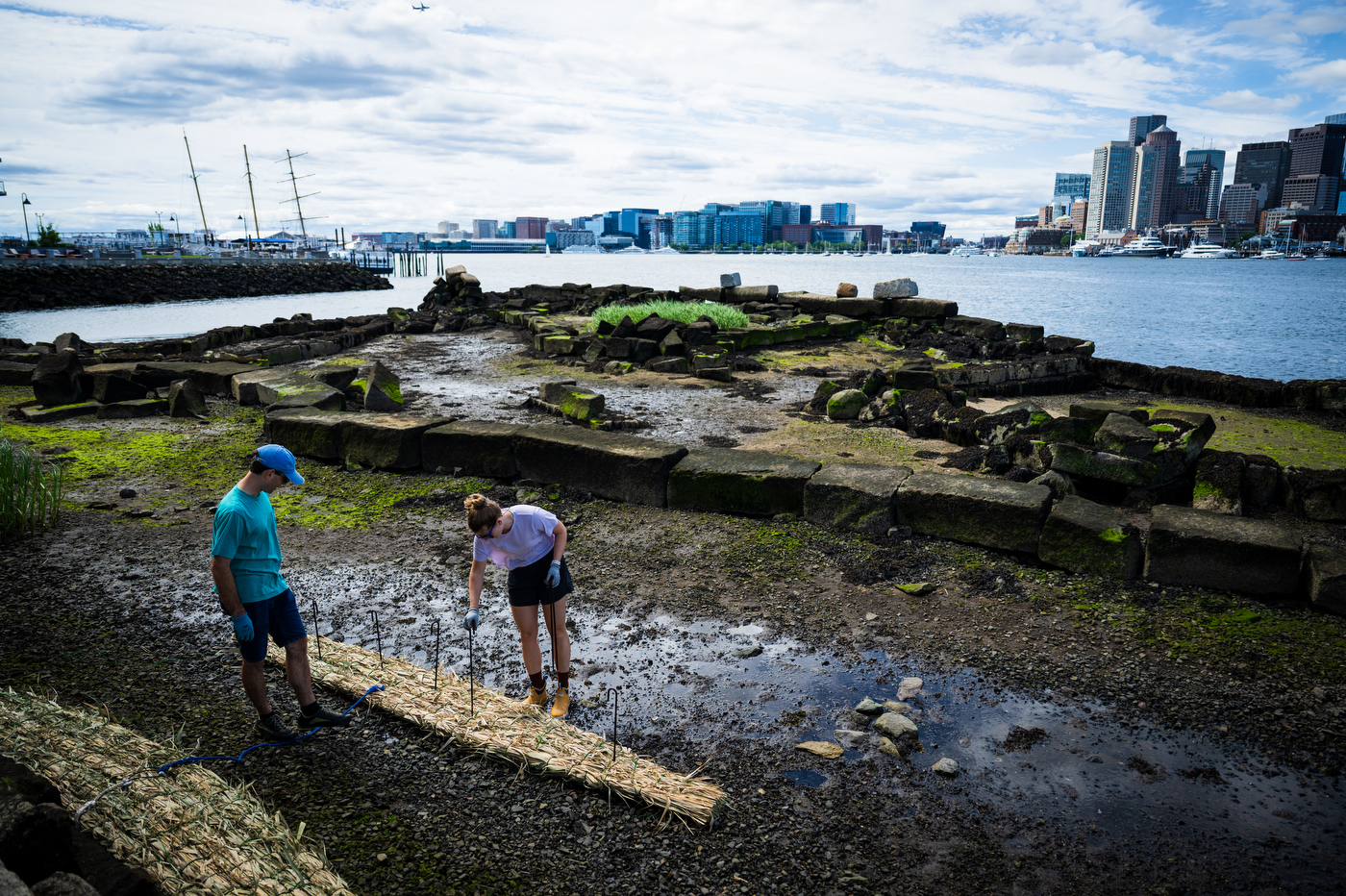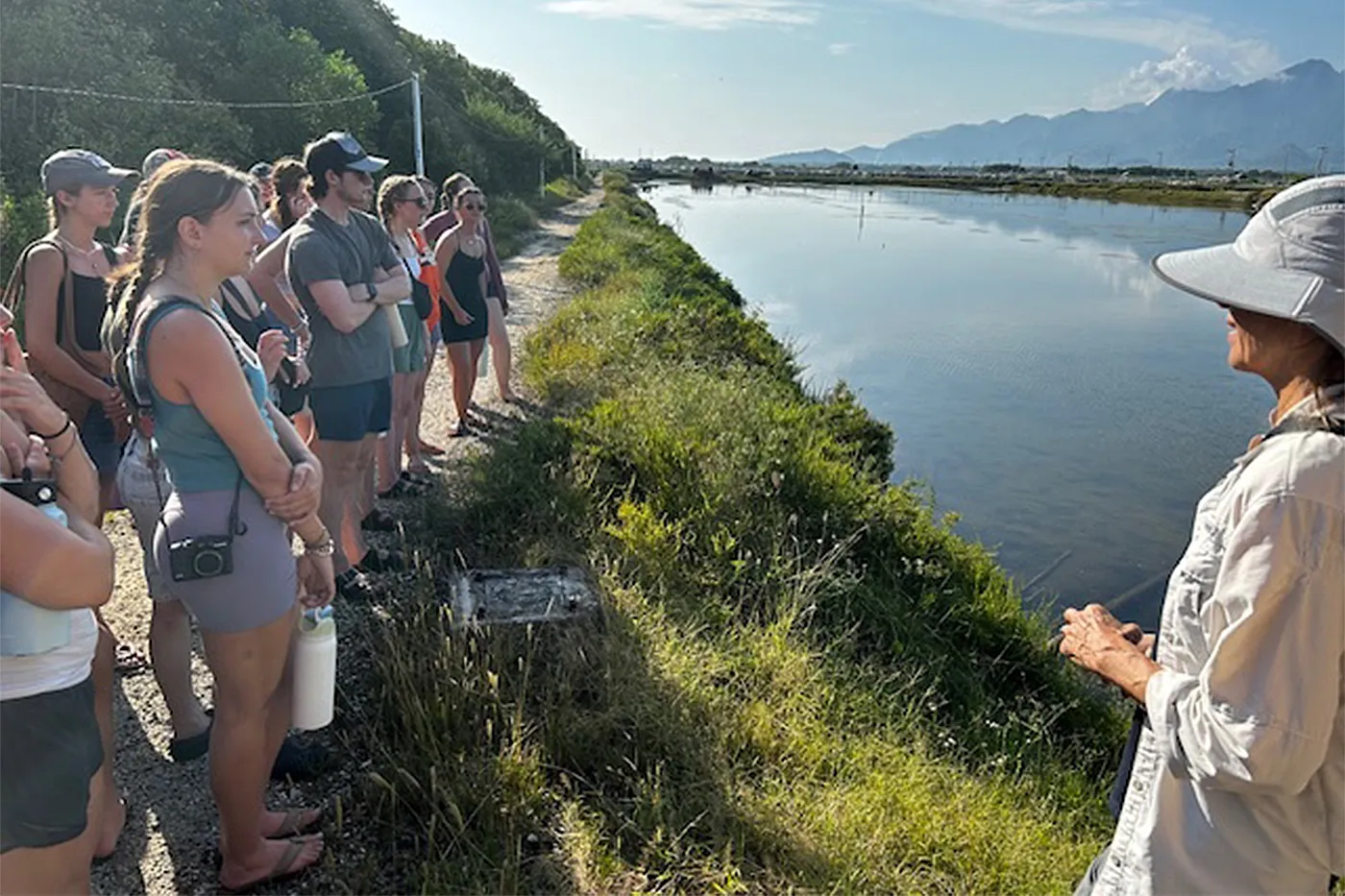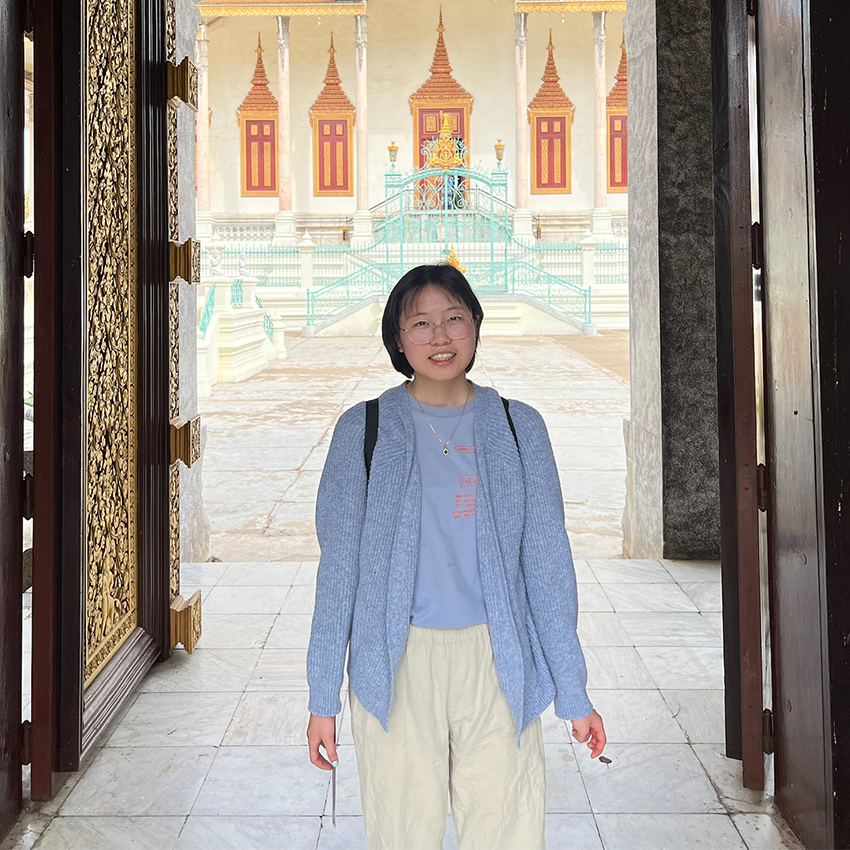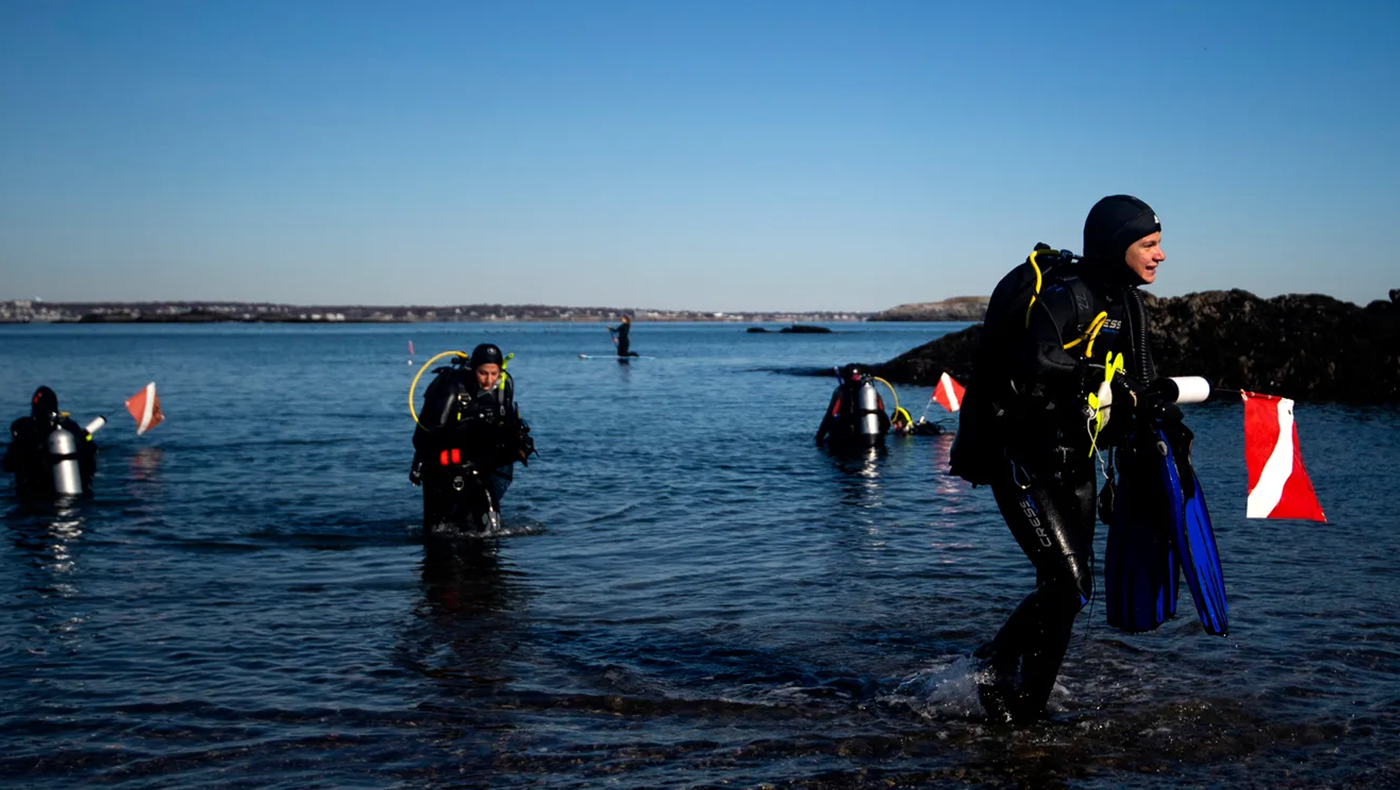COS News
News

A new report from a group of Northeastern researchers explores across disciplines how biotech can ensure safe, sustainable life beyond Earth.
The key to international space cooperation is developments in biotechnology, Northeastern researchers say
News

The NeuroPRISM lab, led by assistant psychology professor Stephanie Noble, makes tools that pave the way for reliable and reproducible neuroimaging of the brain.
Precise maps of the brain’s deepest corners are made possible through tools developed by these Northeastern researchers
Showing 20 results in MS Students

This double Husky created her own co-op working on life-changing cancer therapies
CAR T-cell therapy can serve as a life saving treatment for blood cancers, but comes with complications. This master’s degree student’s research may help change that.

Three Seas student wins AAUS Award
Congratulations to Zoe Salyapongse, Three Seas Program Cohort 45, on being awarded the American Academy of Underwater Sciences (AAUS) research award!

Using invasive wetland grasses, Northeastern grads adopt a green approach to stop erosion
Kayla Sklar and Anja Clark, Northeastern alumni, work with Emerald Tutu lead Gabriel Cira to grow native wetlands grasses on beds formed from invasive species.

In Bali, Northeastern students see resilience and innovation at the heart of climate change adaptation
Students studied the unequal ways that climate change is effecting island nations like Bali, one of more than 17,000 islands in Indonesia’s archipelago.

What if sensors could spot plant stress in real time? These Northeastern researchers made it happen
Researchers at the Kostas Research Institute in Burlington developed sensors that will change color to indicate issues with a plant’s health.

The Sum of All Achievements: Kimi Nguyen’s Mathematical Journey at Northeastern
For Kimi Nguyen, an applied mathematics master’s student with concentrations in data science, being selected as the student speaker for the 2025 College of Science Graduate Celebration represents a fitting conclusion to her Northeastern journey. “It is a tremendous honor,” Nguyen says. “As a PlusOne student who also completed my undergraduate degree here, Northeastern has […]

Three Seas at 40: How Northeastern’s immersive marine biology program transforms students into scientists
Dive deeper into the Three Seas program offered by the Marine Sciences Center at Northeastern University!

Northeastern students and faculty recognized for scholarship, research, leadership and innovation at 15th Academic Honors Convocation
On Wednesday Northeastern University’s highest student and faculty achievers across its 13 global campuses were celebrated at the 15th annual Academic Honors Convocation.

Northeastern honors top graduate students with launch of Laurel and Scroll 100 Society
On Tuesday a select group of Northeastern University graduate students where inducted into the inaugural Laurel and Scroll 100 Society of Distinction.

Yash Maheshbhai Patel ’25, MS Bioinformatics
Yash Maheshbhai Patel '25, MS bioinformatics, shares his experiences as a COS student.

Windsyr Maughan ’25, MS Environmental Science and Policy
Windsyr Maughan '25, MS environmental science and policy, shares her experiences as a COS student.

Valery Pamela Trujillo Benitez ’25, MS Cell and Gene Therapies
Valery Pamela Trujillo Benitez shares her experiences as a master's student studying cell and gene therapies.